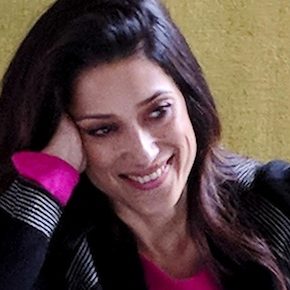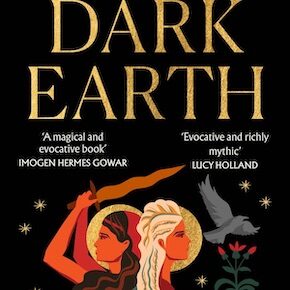
Into the darkest corners of the dark ages
London, one of the greatest and oldest cities in Europe, is now nearly two thousand years old. Most people know that it began as a small Roman trading post on the north bank of the Thames around 43 AD, but few people know that, after the Romans abandoned Britain in around 410 AD, it lay empty for...
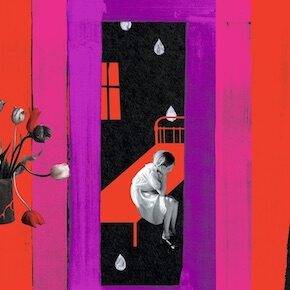
About my Aunt Nené
She spent her life clinging to the skirts of the mother who was also my mother’s mother which is to say mine and Betina’s grandmother. My grandmother’s skirts were like a priest’s cassock and her shoes were sturdy like men’s shoes while her hair was tied up in a black bun because her mother was...
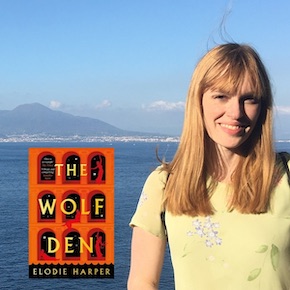
Pompeii, poverty, power and purpose
In early September, Elodie Harper’s The Wolf Den (May 2021), already shortlisted in the Pageturner category of the British Book Awards, was announced as the winner of the 2022 Goldsboro Books Glass Bell Award. The novel, the first in a trilogy, follows the fortunes of Amara, a once-beloved daughter who has lived as a slave...

Rijula Das: The constant smallness of being
Set in Calcutta’s notorious red-light district Sonagachi, Rijula Das’s debut Small Deaths resists lazy stereotypes. Years of research have provided Das with an intimate understanding of the power dynamics at play between the madams, pimps and police, and how their often-cruel manoeuvrings have devastating consequences for the endless stream of girls and young women trafficked...
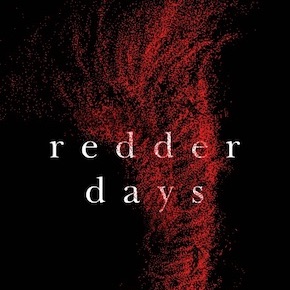
Groundbreaking women
What does it mean to break ground? To make an incision in soil so that building can begin or, more loosely, a reference to genius or creative prowess – some kind of innovation. What does it connote for the female body, given it’s a rare woman that hasn’t been told to lie down on the...
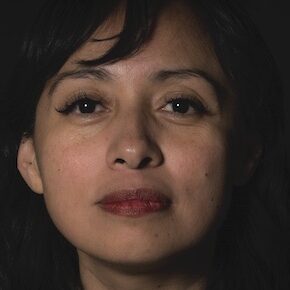
Brenda Navarro: Beyond motherhood
Brenda Navarro’s evocative and powerful novel Empty Houses explores the pain of losing a child, the social impositions of motherhood, and the plight of Mexico’s disappeared and economically disadvantaged. It opens with the voice of a distraught mother whose autistic three-year-old boy Daniel is snatched away from her in a Mexico City park as she...

Ukamaka Olisakwe: Breaking free
Ukamaka Olisakwe’s fierce, measured, ultimately hopeful novel Ogadinma, rightly dubbed “a feminist classic in the making”, is an unflinching portrait of female survival and inner strength in the face of multiple harrowing obstacles in modern-day Nigeria, where patriarchal rules and behaviours are ingrained but fought against daily by the nation’s women. The eponymous heroine is...

Frances Cha: Face to face
Frances Cha’s bold and unsettling debut novel If I Had Your Face tells the story of four young women attempting to navigate present-day Seoul. Kyuri is a not-entirely-natural ‘room salon’ beauty whose yearning for a true relationship with a wealthy client threatens her work and status; Kyuri’s flatmate Miho is an orphan who won a...
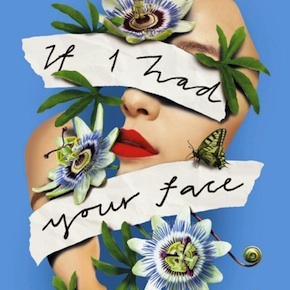
Kyuri
My mother calls me hyo-nyeo – filial daughter – and strokes my hair with so much love it breaks my heart. But sometimes, she has spells when she shakes with anger towards me. “There is no greater sorrow than not getting married!” she says. “The thought of you alone in life, no children, that is...
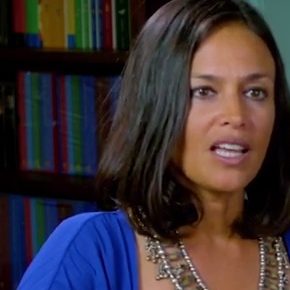
Tishani Doshi: Shifting tides
There is nothing small about Tishani Doshi’s tightly wrought second novel Small Days and Nights – just as there is nothing small about India. Whether writing about its people, the scale of the challenges facing a country of epic unequal proportions, or simply describing the natural world on a wild strip of beach, Doshi...


